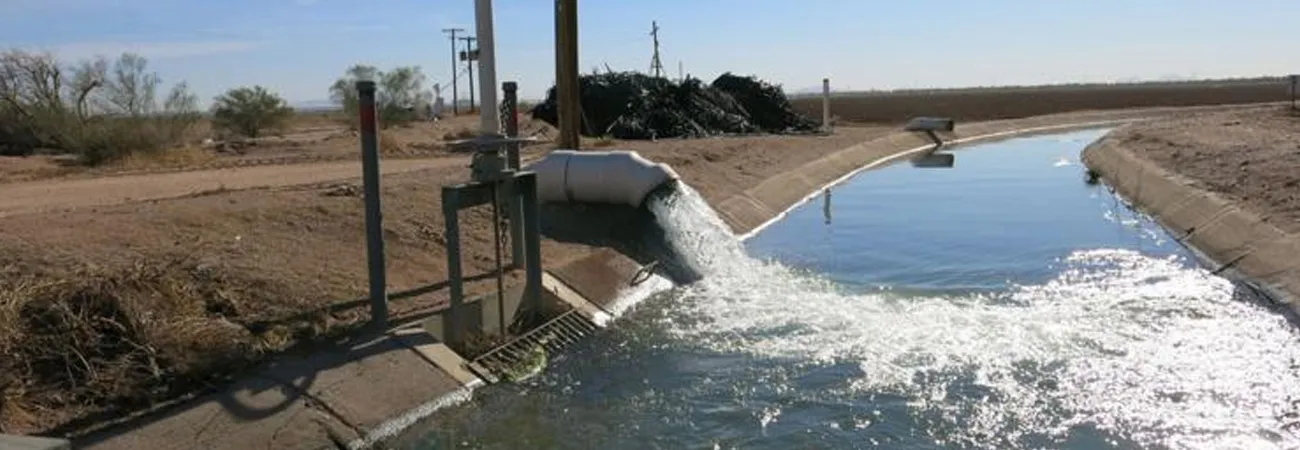i ECONOMY
Rapid urbanization and population growth have intensified the water crisis in Pakistan, underlining the need to adopt Integrated Water Resource Management (IWRM) for sustainable and efficient use of water resources. "Our urban areas are facing a water crisis due to over-extraction of groundwater, inefficient distribution systems, pollution, and inadequate infrastructure. The consequences are dire, with a large number of people experiencing water shortages and sanitation challenges. The need for a comprehensive strategy to address these issues is more urgent than ever," Muhammad Azam, Research Assistant at the Indus River System Authority (IRSA), told WealthPK. "IWRM is a systematic approach to enhance sustainable development and management of water, land, and related resources. It focuses on optimal resource utilization to maximize benefits while ensuring ecosystem preservation. It promotes fair resource distribution for social welfare and long-term environmental sustainability.
"Pakistan's urban water issues are exacerbated by the impacts of climate change, leading to erratic rainfall patterns and increased frequency of extreme weather events. IWRM provides a framework for climate-resilient water management, helping communities adapt to the changing conditions and mitigate the risks associated with water scarcity," he said. "Several cities around the world have successfully implemented IWRM strategies to address their water challenges, providing valuable lessons for Pakistan. These include investments in water infrastructure, promotion of water-saving technologies, and active involvement of local communities in water conservation efforts. "Pakistan has taken steps towards IWRM with the National Water Policy, but effective implementation at the urban level is crucial. The local governments, in collaboration with relevant stakeholders, must prioritize the development and implementation of IWRM plans that are customized to meet the unique needs of each urban area," he added.
To integrate the available water in the system management of water resources and its utilization, a series of dams are needed. Additionally, investment in the development and upgrading of water infrastructure to improve the efficiency of water supply and distribution systems is crucial. According to the data provided by the Pakistan Council of Research in Water Resources (PCRWR) and the Indus River System Authority (IRSA), Pakistan is at the risk of running out of water by 2025. This could result in the country transitioning from a "water-stressed" to a "water-starved" nation. WealthPk research shows that the water situation in the country is alarming. In 1951, the per capita water availability was 5,600 cubic meters, which has now declined to 908 cubic meters, making the country water-stressed. With the current population estimated to be over 220 million, as opposed to 34 million in 1951, it is feared that the country will soon fall into the water-scarce category.
Credit: Independent News Pakistan (INP)









